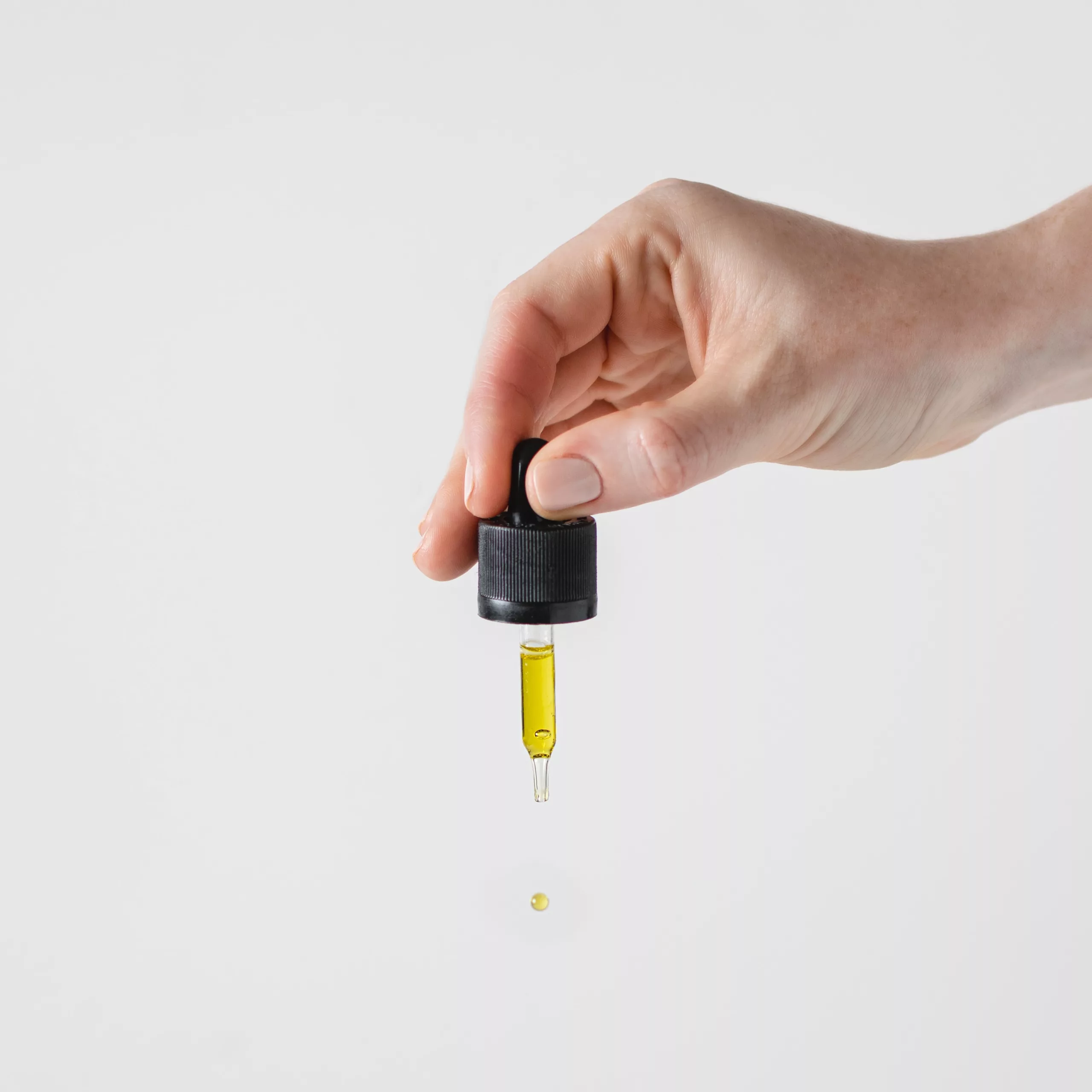Cannabidiol (CBD) oil has become a popular alternative medicine for treating various ailments, ranging from anxiety to chronic pain.
However, as with any medication, there are potential health risks associated with its use.
This article provides an overview of the health risks of using CBD oil, including mislabeling and contamination, interactions with other medications, possible side effects, liver damage, respiratory problems, addiction and withdrawal, and legal and regulatory issues.
Jump to Section
Mislabeling and Contamination
One of the biggest risks associated with CBD oil is mislabeling and contamination.
CBD products are not regulated by the Food and Drug Administration (FDA), which means that the quality and safety of these products can vary widely. Studies have found that many CBD products on the market are mislabeled, containing more or less CBD than advertised.
In addition, some products may be contaminated with harmful substances, such as pesticides, heavy metals, or bacteria.
To minimize the risk of mislabeling and contamination, it is important to purchase CBD products from reputable companies that provide third-party lab testing results.
Consumers should also be aware of the potential risks associated with smoking or vaping CBD oil, as these methods can expose them to harmful chemicals.
Interaction with Other Medications
CBD oil can interact with other medications, including blood thinners, antidepressants, and anti-seizure drugs. This can lead to unwanted side effects or reduce the effectiveness of the medication.
It is important for consumers to discuss their use of CBD oil with their healthcare provider to ensure that it is safe to use in conjunction with their other medications.
Possible Side Effects
CBD oil can cause a range of possible side effects, including:
- Changes in appetite and weight
- Fatigue
- Diarrhea
- Dizziness
- Dry mouth
- Nausea
- Mood changes
Most of these side effects are mild and go away on their own, but in some cases, they can be more severe.
In addition, CBD oil may interact with certain medications, which can increase the risk of side effects.
Liver Damage
Recent studies have suggested that high doses of CBD oil can cause liver damage.
In a study conducted on mice, researchers found that CBD oil caused liver damage in a dose-dependent manner.
While more research is needed to determine the long-term effects of CBD oil on the liver, consumers should be aware of this potential risk.
Respiratory Problems
Smoking or vaping CBD oil can also cause respiratory problems, such as coughing, wheezing, and shortness of breath.
This is because these methods of ingestion can expose the lungs to harmful chemicals, such as formaldehyde and acetaldehyde.
Addiction and Withdrawal
While CBD oil is not considered addictive, some people may develop a dependence on it.
This can lead to withdrawal symptoms, such as irritability, insomnia, and nausea, when they stop using it.
It is important for consumers to use CBD oil responsibly and to only use it as directed by their healthcare provider.
Legal and Regulatory Issues
The legal status of CBD oil varies by state and country.
In the United States, CBD oil is legal at the federal level as long as it contains less than 0.3% THC.
However, some states have stricter laws regarding the use of CBD oil.
Consumers should be aware of the legal status of CBD oil in their state or country before using it.
FAQ
Is CBD oil safe?
CBD oil can be safe when used responsibly and under the guidance of a healthcare provider.
However, there are potential health risks associated with its use, including mislabeling and contamination, interactions with other medications, possible side effects, liver damage, respiratory problems, and addiction and withdrawal.
Can CBD oil cause liver damage?
Recent studies have suggested that high doses of CBD oil can cause liver damage.
While more research is needed to determine the long-term effects of CBD oil on the liver, consumers should be aware of this potential risk.
Is CBD oil addictive?
While CBD oil is not considered addictive, some people may develop a dependence on it.
This can lead to withdrawal symptoms, such as irritability, insomnia, and nausea, when they stop using it.
It is important for consumers to use CBD oil responsibly and to only use it as directed by their healthcare provider.
What should I look for when purchasing CBD oil?
To minimize the risk of mislabeling and contamination, it is important to purchase CBD products from reputable companies that provide third-party lab testing results.
Consumers should also be aware of the potential risks associated with smoking or vaping CBD oil, as these methods can expose them to harmful chemicals.
I am a CBD enthusiast and creator of DJ Hemp who has made it my mission to enlighten the world about the cannabis industry through thought-provoking literary works.
I have successfully fostered an open-minded, inquisitive community that is eager to learn more about the potential benefits of CBD.
Contact me at [email protected] for assistance.





